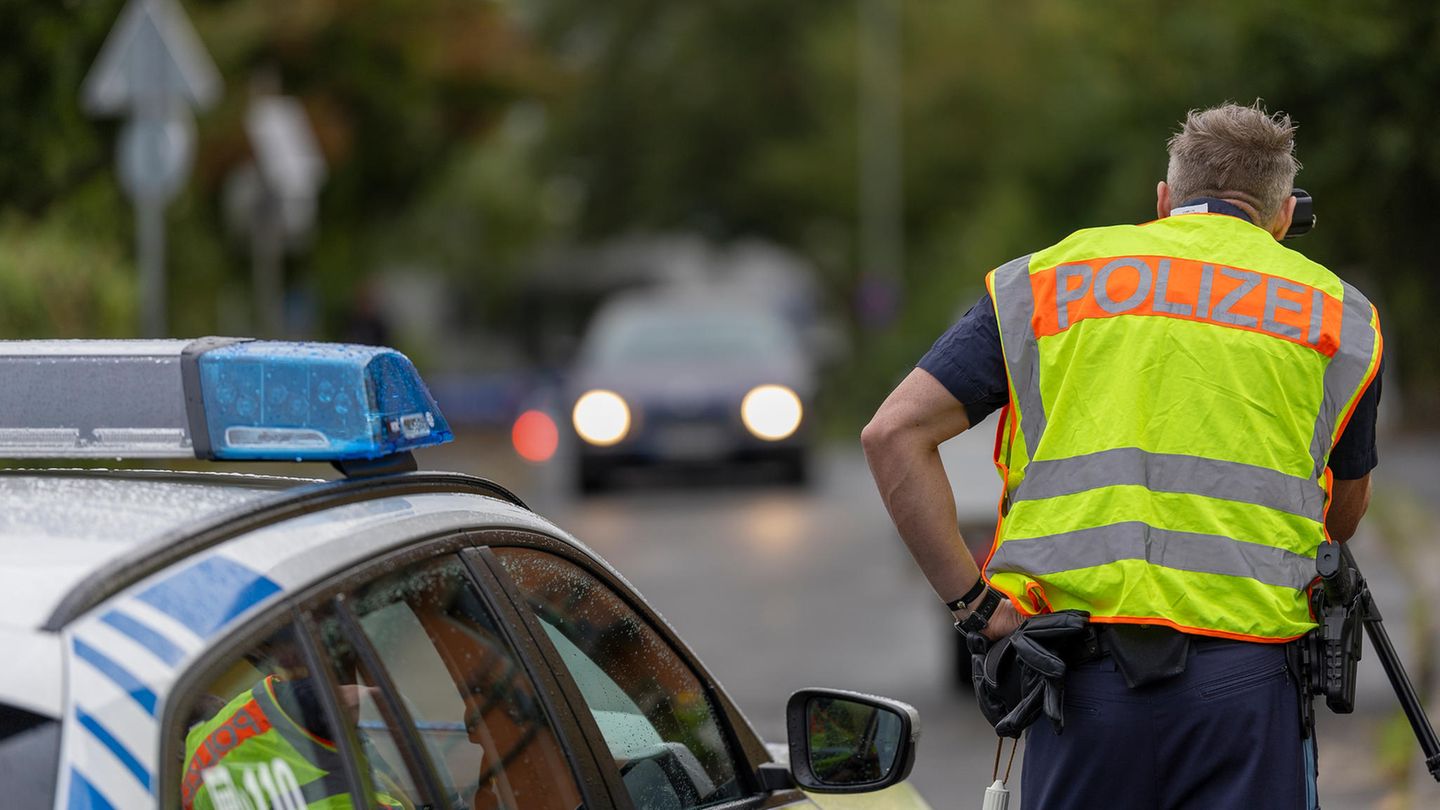I have been working in the news industry for over 6 years, first as a reporter and now as an editor. I have covered politics extensively, and my work has appeared in major newspapers and online news outlets around the world. In addition to my writing, I also contribute regularly to 24 Hours World.
Menu
Russian-Ukrainian war: Putin’s new crisis – Kiev’s invasion of Kursk puts pressure on Moscow
Categories
Most Read
Government statement: Merz calls for a stronger Europe – and remains silent about military service
October 16, 2025
No Comments
Triumphal Arch: “Arc de Trump”: US President plans monument for Washington
October 16, 2025
No Comments
Why India no longer wants to buy oil from Russia
October 16, 2025
No Comments
Migration: Greens and Left: Merz’s “cityscape” saying is fatal
October 16, 2025
No Comments
Reporting in the Pentagon: Journalists protest against rules
October 16, 2025
No Comments
Latest Posts

No driver’s license when checking the vehicle: Why that can be a good thing
October 16, 2025
No Comments
Traffic law Vehicle inspection – that’s why you should leave your driver’s license at home Listen to article Copy the current link Add to watchlist

998.5 kilos: Europe’s heaviest pumpkin comes from Austria
October 16, 2025
No Comments
Wolfgang Nittnaus from Burgenland won the European championship title. 12 heavyweight “candidates” took part in the weigh-in competition. Almost a ton: That’s how much Europe’s

When and against whom does the Argentine National Team play the final of the U-20 World Cup in Chile
October 16, 2025
No Comments
October 16, 2025 – 10:38 The team led by Diego Placente reached the final match of the World Cup after 18 years. The details. When
24 Hours Worlds is a comprehensive source of instant world current affairs, offering up-to-the-minute coverage of breaking news and events from around the globe. With a team of experienced journalists and experts on hand 24/7.

